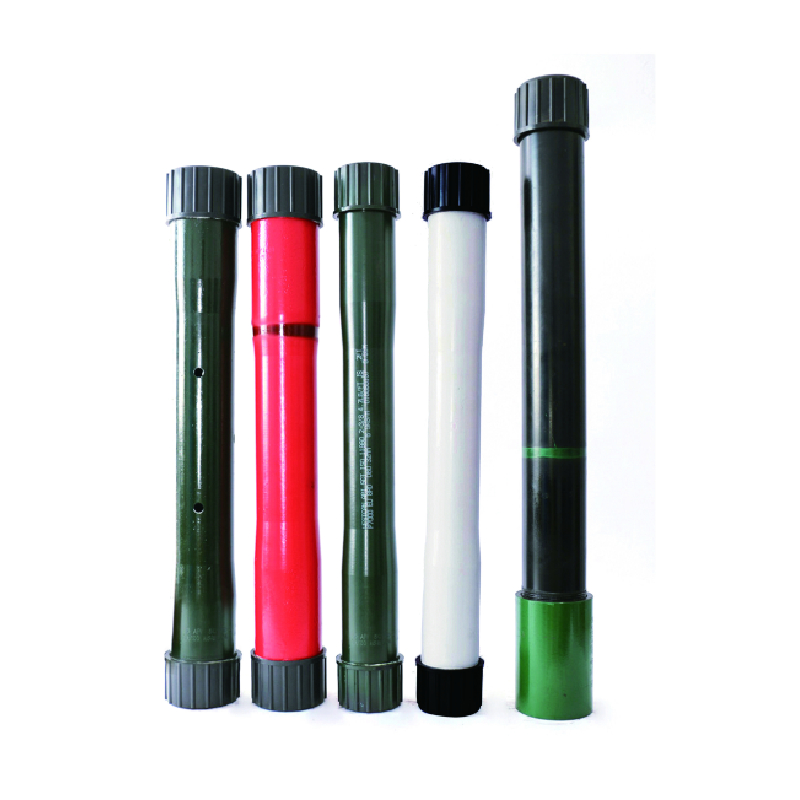- Afrikaans
- Albanian
- Amharic
- Arabic
- Armenian
- Azerbaijani
- Basque
- Belarusian
- Bengali
- Bosnian
- Bulgarian
- Catalan
- Cebuano
- Corsican
- Croatian
- Czech
- Danish
- Dutch
- English
- Esperanto
- Estonian
- Finnish
- French
- Frisian
- Galician
- Georgian
- German
- Greek
- Gujarati
- Haitian Creole
- hausa
- hawaiian
- Hebrew
- Hindi
- Miao
- Hungarian
- Icelandic
- igbo
- Indonesian
- irish
- Italian
- Japanese
- Javanese
- Kannada
- kazakh
- Khmer
- Rwandese
- Korean
- Kurdish
- Kyrgyz
- Lao
- Latin
- Latvian
- Lithuanian
- Luxembourgish
- Macedonian
- Malgashi
- Malay
- Malayalam
- Maltese
- Maori
- Marathi
- Mongolian
- Myanmar
- Nepali
- Norwegian
- Norwegian
- Occitan
- Pashto
- Persian
- Polish
- Portuguese
- Punjabi
- Romanian
- Russian
- Samoan
- Scottish Gaelic
- Serbian
- Sesotho
- Shona
- Sindhi
- Sinhala
- Slovak
- Slovenian
- Somali
- Spanish
- Sundanese
- Swahili
- Swedish
- Tagalog
- Tajik
- Tamil
- Tatar
- Telugu
- Thai
- Turkish
- Turkmen
- Ukrainian
- Urdu
- Uighur
- Uzbek
- Vietnamese
- Welsh
- Bantu
- Yiddish
- Yoruba
- Zulu
pipe coupling stainless steel
Understanding Pipe Coupling in Stainless Steel A Comprehensive Overview
Pipe coupling is a critical component in various piping systems, serving as the connection between two pipes to allow for the seamless flow of fluids and gases. Among the different materials used for piping and coupling, stainless steel stands out due to its excellent mechanical properties, resistance to corrosion, and longevity. This article aims to delve into the characteristics, applications, and benefits of stainless steel pipe couplings, offering a comprehensive overview for engineers and industry professionals.
The Importance of Stainless Steel in Pipe Couplings
Stainless steel is an alloy primarily composed of iron, chromium, and nickel, which provides remarkable strength and resistance to rust and corrosion. This is particularly beneficial in piping systems exposed to harsh environments, chemicals, or extreme temperatures. Common grades of stainless steel used in pipe couplings include 304 and 316, each offering unique properties that cater to specific applications. Grade 304 is ideal for general use, while Grade 316 contains molybdenum, making it more suitable for marine environments and chemical processing applications.
Types of Pipe Couplings
There are several types of pipe couplings available in the market today, each designed to serve different purposes
1. Threaded Couplings These are used for connecting pipes with threads. They offer a secure fit and are easy to assemble, making them ideal for applications requiring frequent disconnection and reconnection.
2. Welded Couplings As the name suggests, these couplings require welding for assembly. They provide a permanent connection and are often used in high-pressure applications where strength is paramount.
3. Union Couplings These fittings are designed for easy disassembly. A union coupling allows for quick repair or replacement of piping without needing to cut the pipes.
4. Compression Couplings These are often used for connecting pipes of different materials. They secure the pipes through a compressive force, providing a reliable seal without the need for welding.
pipe coupling stainless steel

5. Socket Weld Couplings Common in high-pressure applications, socket weld couplings are inserted into a recess and then welded, providing a strong joint that can withstand substantial force.
Key Benefits of Stainless Steel Pipe Couplings
1. Corrosion Resistance One of the most significant advantages of stainless steel pipe couplings is their ability to resist corrosion. This trait ensures that the integrity of the piping system remains intact over time, reducing maintenance costs and avoiding leaks.
2. Durability and Strength Stainless steel is known for its high tensile strength, making it suitable for high-pressure applications. The durability of stainless steel ensures that the couplings can withstand mechanical stress and extreme temperatures.
3. Hygienic Properties Due to its non-porous surface, stainless steel is easy to clean and maintain, making it an excellent choice for industries such as food processing, pharmaceuticals, and healthcare.
4. Versatility Stainless steel pipe couplings can be found in a variety of applications ranging from residential plumbing to industrial settings, marine environments, and chemical processing plants. Their versatility ensures they can meet a wide range of piping needs.
5. Aesthetic Appeal Stainless steel has a modern and polished appearance, making it an attractive option for exposed piping systems in buildings and facilities.
Conclusion
In conclusion, stainless steel pipe couplings play a vital role in various piping systems across multiple industries. Their superior corrosion resistance, strength, and versatility make them an ideal choice for numerous applications. Understanding the different types of couplings and their specific uses can help engineers and builders make informed decisions when designing and implementing piping systems. As we continue to rely on efficient and reliable infrastructure, the importance of high-quality materials like stainless steel cannot be overstated. Whether it's for residential plumbing or complex industrial applications, stainless steel pipe couplings offer an enduring solution that stands the test of time.
-
Tubing Pup Joints: Essential Components for Oil and Gas OperationsNewsJul.10,2025
-
Pup Joints: Essential Components for Reliable Drilling OperationsNewsJul.10,2025
-
Pipe Couplings: Connecting Your World EfficientlyNewsJul.10,2025
-
Mastering Oilfield Operations with Quality Tubing and CasingNewsJul.10,2025
-
High-Quality Casing Couplings for Every NeedNewsJul.10,2025
-
Boost Your Drilling Efficiency with Premium Crossover Tools & Seating NipplesNewsJul.10,2025







